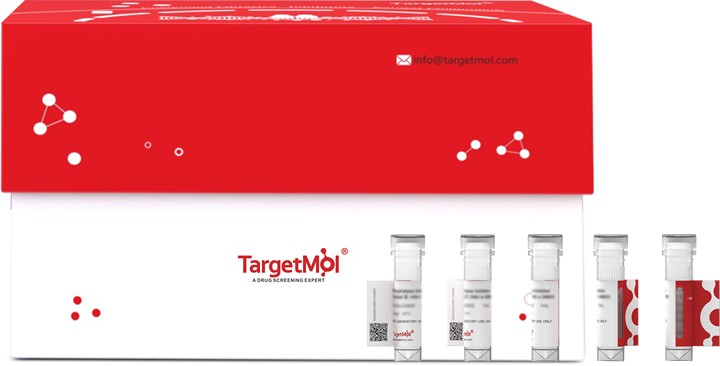Shopping Cart
Remove All Your shopping cart is currently empty
Your shopping cart is currently empty
MCP-3/CCL7 Protein, Human, Recombinant (CHO) is expressed in CHO Cells. The accession number is Q7Z7Q8.

| Pack Size | Price | USA Warehouse | Global Warehouse | Quantity |
|---|---|---|---|---|
| 5 μg | $119 | 7-10 days | 7-10 days | |
| 10 μg | $198 | 7-10 days | 7-10 days | |
| 20 μg | $248 | 7-10 days | 7-10 days | |
| 50 μg | $339 | 7-10 days | 7-10 days | |
| 100 μg | $557 | 7-10 days | 7-10 days | |
| 200 μg | $919 | 7-10 days | 7-10 days | |
| 500 μg | $1,790 | 7-10 days | 7-10 days | |
| 1 mg | $2,970 | 7-10 days | 7-10 days |
| Biological Activity | The EC 50 value of human MCP‑3/CCL7 on Ca 2+ mobilization assay in CHO-K1/ Gα15/hCCR1 cells (human Gα15 and human CCR1 stably expressed in CHO-K1 cells) is less than 1.5 μg/ml. |
| Description | MCP-3/CCL7 Protein, Human, Recombinant (CHO) is expressed in CHO Cells. The accession number is Q7Z7Q8. |
| Species | Human |
| Expression System | CHO Cells |
| Tag | Tag Free |
| Accession Number | Q7Z7Q8 |
| Synonyms | Small inducible cytokine A7,Monocyte chemotactic protein 3,MCP3,MARC,CCL-7,C-C motif chemokine 7 |
| Construction | Gln34-Leu109 |
| Protein Purity | > 98% as determined by SDS-PAGE |
| Molecular Weight | 10~18 kDa (Reducing conditions) |
| Endotoxin | < 0.2 EU/μg of protein as determined by the LAL method. |
| Formulation | Lyophilized from a 0.2 μm filtered solution in PBS. |
| Reconstitution | Reconstitute the lyophilized protein in sterile deionized water. The product concentration should not be less than 100 μg/ml. Before opening, centrifuge the tube to collect powder at the bottom. After adding the reconstitution buffer, avoid vortexing or pipetting for mixing. |
| Stability & Storage | Upon receiving, this product remains stable for up to 6 months at lower than -70°C. Upon reconstitution, the product should be stable for up to 1 week at 4°C or up to 3 months at -20°C. For long term storage it is recommended that a carrier protein (example 0.1% BSA) be added. Avoid repeated freeze-thaw cycles. |
| Shipping | In general, Lyophilized powders are shipping with blue ice. Solutions are shipping with dry ice. |
| Research Background | Chemokine (C-C motif) ligand 7 (CCL7) is a small cytokine that was previously called monocyte-specific chemokine 3 (MCP-3). Due to CCL7 possessing two adjacent N-terminal cysteine residues in its mature form, it is classified within the subfamily of chemokines known as CC chemokines. CCL7 specifically attracts monocytes, and regulates macrophage function. It is produced by certain tumor cell lines and by macrophages. This chemokine is located on chromosome 17 in humans, within a large cluster containing many other CC chemokines and is most closely related to CCL2. CCL7 can signal through the CCR1, CCR2 and CCR3 receptors. |
| Size | Quantity | Unit Price | Amount | Operation |
|---|

Copyright © 2015-2026 TargetMol Chemicals Inc. All Rights Reserved.